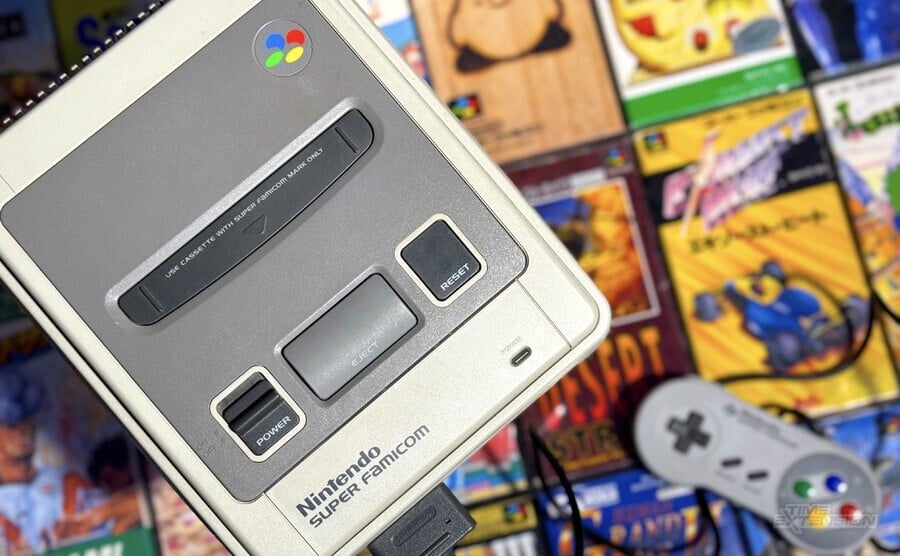
The concept of importing video games from other regions has become less popular in recent years thanks to the introduction of region-free software and release dates being much closer together than they were many decades ago. In the modern era, many games will launch internationally on the exact same day, something that was largely unheard of during the '80s and '90s.
Importing games and hardware from Japan was a big deal once upon a time, largely thanks to the fact that Western consumers often had to wait months (if not years) to get their hands on the latest consoles and games.
In fact, the market for "grey imports" became so buoyant that Nintendo of America felt compelled to print a warning in the April 1991 issue of Nintendo Power magazine informing fans of the "risks" involved with non-authorised Nintendo hardware and software.
Here's the text in full:
Since Nintendo of America Inc. announced at the winter CES that it will be releasing a 16-bit Super Nintendo Entertainment System this fall, players have been checking stores everywhere to find out how to get one. In fact, some players just can't wait. Instead of biding time until the U.S. system arrives, they're buying Japanese Super Famicoms that some dealers have imported into the U.S. or Canada without authorization. We agree that it's a great system, but before you rush out to buy one, consider these facts:
- The instructions packaged with the hardware and software are not printed in English.
- Much of the screen text in Super Famicom games is in Japanese, not English. Imagine trying to play complex role-playing games without being able to understand the text. If you didn't know what you were doing it wouldn't be much fun, and our Game Play Counselors wouldn't be able to help.
- These products are not covered by warranty, and there is no authorized repair service for them in the U.S. or Canada.
- Because the Super Famicom is not manufactured for distribution here, it doesn't meet specifications established by the government for our safety. There is no guarantee that it will work once you hook it up, and there is no service center to turn to for help.
- Last but not least, remember that the U.S. 16-bit system will be available in a few short months, and there will be plenty of software to go with it. The unauthorized imported Japanese software made for the Super Famicom will not work with the U.S. System, and new U.S. software will not work with the Super Famicom.
The U.S. 16-bit system is on its way—don't you think it's worth the wait?
It's interesting that Nintendo of America felt there was enough of a problem to publish such a warning, but you could equally say it had legitimate reasons to be concerned; a Western customer who purchased a Super Famicom might expect the same level of customer support from Nintendo itself in the case of anything going amiss, which would clearly not be possible outside of Japan. There was certainly an argument to be had that products imported from other regions could potentially cause headaches for both the customer and Nintendo itself.
However, we can't imagine many seasoned importers would have been dissuaded by such a warning. The early adopters who picked up systems and games from abroad will have been fully aware that they would receive no post-sale support from NoA; the upside would have been getting hold of things before everyone else and playing games that would never see release in the West anyway.
Do you remember this warning appearing in Nintendo Power? Did it turn you off the idea of importing or clue you up on it? Let us know with a comment below.





